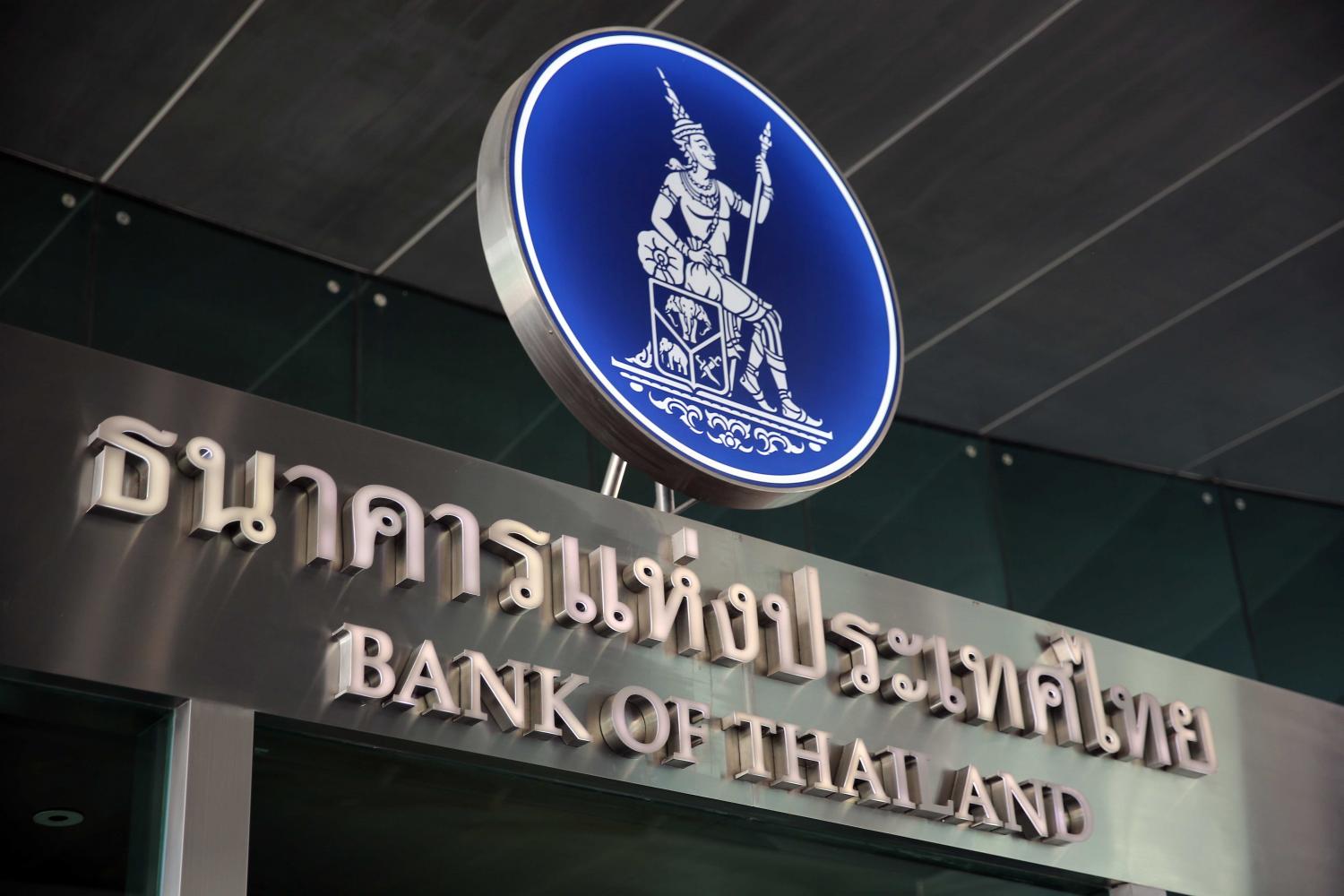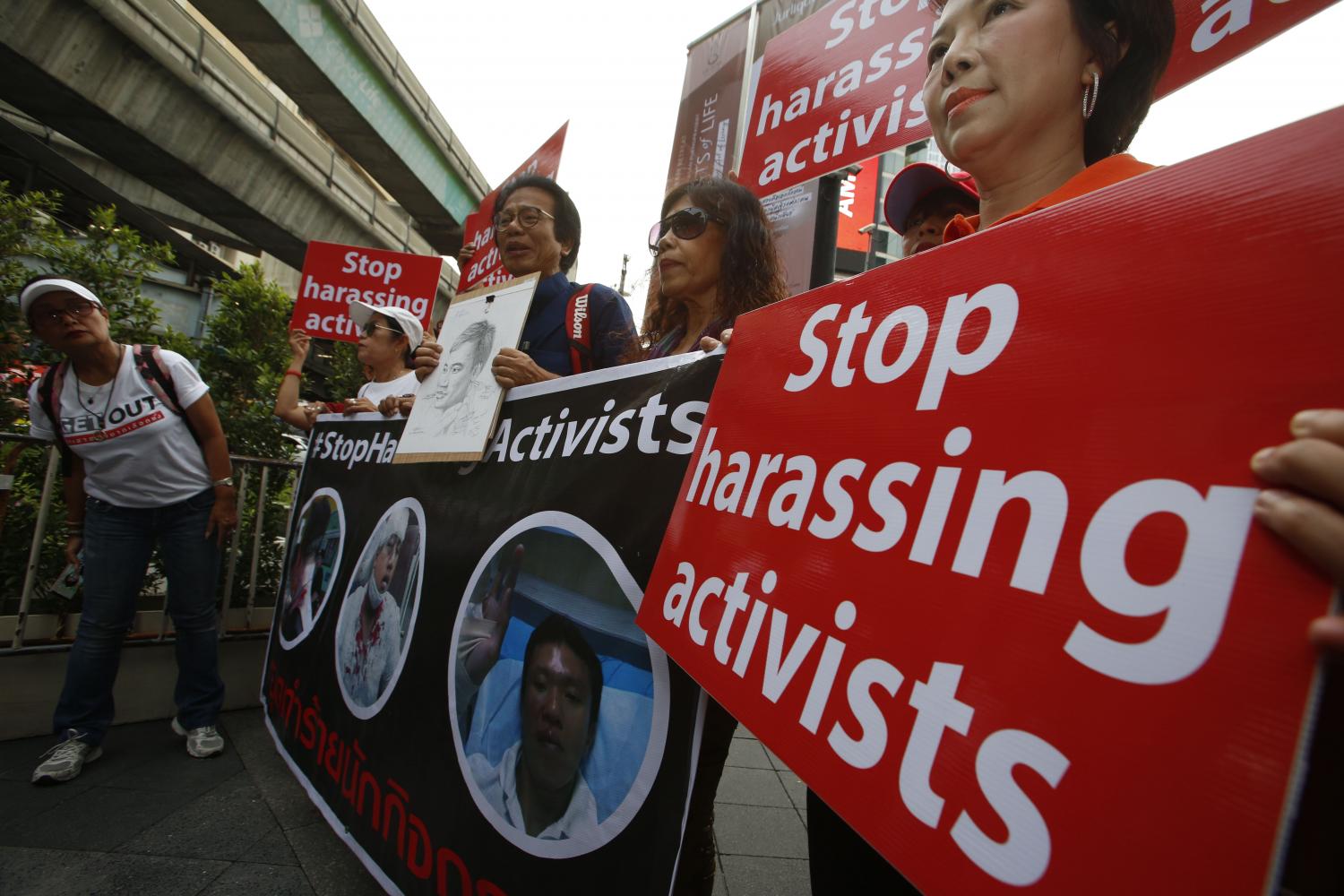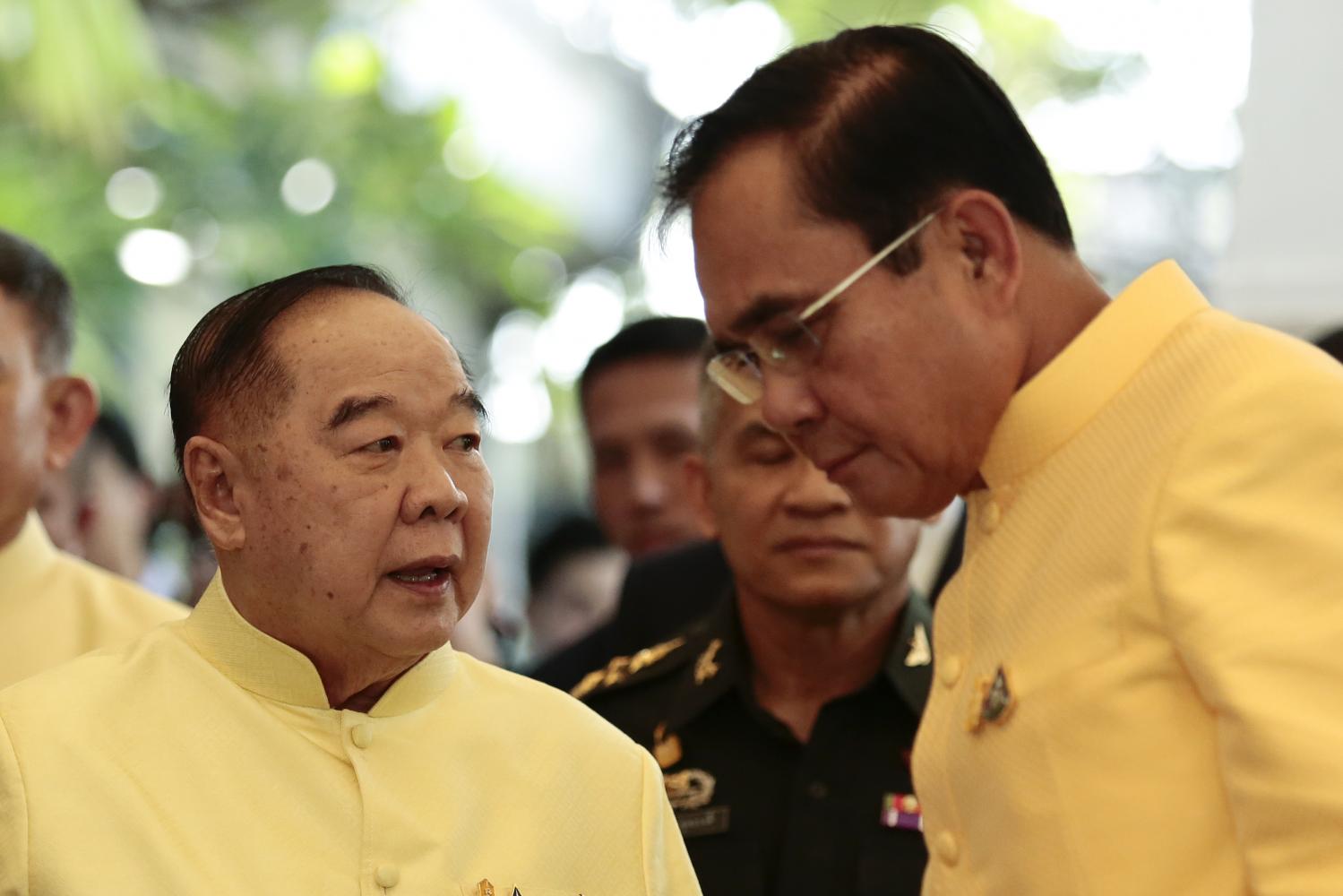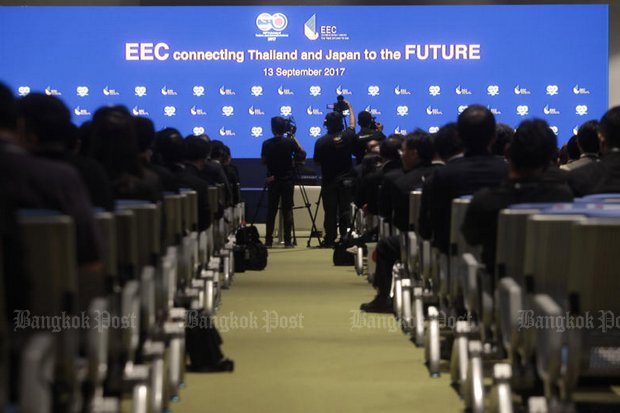Showing 51 - 60 of 111
Central bank autonomy must be upheld
News, Thitinan Pongsudhirak, Published on 16/08/2019
» When elected governments make noises about economic growth in countries where macroeconomic management is sound and prudent, central bankers tend to quietly bristle and brush off such interference and infringement of monetary space at their own risk. In so doing, central bankers tend to enjoy the support of domestic and international market participants who value central bank independence more than politicians' vested interests, even if it sometimes undercuts their bottom lines. Accordingly, when central bankers go along with the preferences of elected politicians, the conduct of monetary policy comes into question.
Prime Minister Prayut's huge little gaffe
News, Thitinan Pongsudhirak, Published on 09/08/2019
» While Thailand's flawed 2017 constitution was bound to run into a fundamental dispute at some point, the sudden and brewing charter crisis facing the government of Prime Minister Prayut Chan-o-cha stems from an unlikely source. During the oath-taking ceremony presided over by Their Majesties on July 16, the Gen Prayut-led cabinet somehow omitted one-third of a statement which was mandated to be read aloud before officially taking office. What should have been a routine constitutional ritual has become a procedural gaffe that has captured national attention, putting government stability at risk and the prime minister's political longevity in doubt.
The evolving Thai political fault lines
News, Thitinan Pongsudhirak, Published on 05/07/2019
» Over the past five years under military government, it is clear that Thailand's political polarisation has not been bridged. It has, in fact, expanded into new fault lines. Apart from the longstanding yellows versus reds revolving around supporters and critics of the established political order premised on military, monarchy and bureaucracy, we now have a clear demarcation between pro- and anti-junta and authoritarianism versus democratisation camps. Newer fault lines are generational and ideological in orientation. While some of these divisions are global in nature, bringing them in line towards a new consensus in Thailand will necessitate a kind of leadership and compromise without which the country will be unsettled for the long term.
Thailand's tale told via 'The Nation'
News, Thitinan Pongsudhirak, Published on 28/06/2019
» Nearly five decades ago, The Nation newspaper started out as a pro-democracy, anti-military news organisation. It was fiercely independent and invariably hard-hitting vis-à-vis the powers-that-be. An English-language newspaper owned by Thais from the outset, it prided itself for having neither fear nor favour. Its lamentable expiry as a print newspaper today -- an online version will continue -- provides multiple parallels for Thailand's contemporary political history, ongoing polarisation and the changing nature of the business of journalism worldwide.
Post-poll transitions and directions
News, Thitinan Pongsudhirak, Published on 14/06/2019
» Almost three months after the March 24 poll, Thailand has barely managed to come up with a new government leader, who remains Gen Prayut Chan-o-cha, but a cabinet has still yet to be announced owing to haggling and bargaining over portfolios.
5 years backwards under military rule
News, Thitinan Pongsudhirak, Published on 24/05/2019
» Now that five years have elapsed since Thailand's last military coup, it is an opportune juncture to take stock of where the country is heading. When it seized power in May 2014, the military junta, known as the National Council for Peace and Order, initially had legitimacy from royal ascent and broad approval from its restoration of stability and order after more than half a year of street protests in Bangkok by the People's Democratic Reform Committee that was intent on overthrowing the Pheu Thai government.
Poll results point to clear way forward
News, Thitinan Pongsudhirak, Published on 26/04/2019
» Despite the controversy and confusion over Thailand's March 24 election outcome, its immediate and far-reaching implications are indisputable.
An ex-cop who has no fear of the generals
News, Thitinan Pongsudhirak, Published on 14/12/2018
» Over the past four and a half years of military government, the Thai people have been physically cowed. Sure, there are many, possibly a silent majority, who may be waiting for the poll to have their say in opposition to the military junta that seized power in May 2014, led by then-army chief Gen Prayut Chan-o-cha, the incumbent prime minister. But few have been able and willing to stand up and stare down the ruling generals who routinely resort to intimidation and coercion, armed with guns and the law, which they sometimes interpret as they see fit. Just about everyone in Thailand is physically afraid of the junta in one way or another. Otherwise, there would have been more anti-junta demonstrations in public view.
Eastern Economic Corridor must continue
News, Thitinan Pongsudhirak, Published on 07/12/2018
» As the election looms, the government of Prime Minister Prayut Chan-o-cha will likely leave behind a very mixed legacy. Far from being a clean-up crew against graft and a technocratic team for effective policy performance when it seized power more than four years ago, this outgoing government has had its fair share of unaccountable corruption allegations and policy directions that merely served its own vested interests of staying in power after the polls.
Remembering Chai-anan Samudavanija
News, Thitinan Pongsudhirak, Published on 21/09/2018
» In death, as in life, Chai-anan Samudavanija always outshines. More than two decades after he left an academic career for policy work and a public intellectual role, Chai-anan's scholarly output is still cited more than any other social scientist. His passing, at 74, reflects Thailand's circuitous political trajectory and the shortcomings of the country's higher education. Until Thai academic standards are better incentivised and upgraded, few scholars are likely to scale international heights of scholarship and thought leadership anywhere near Chai-anan's achievements.













